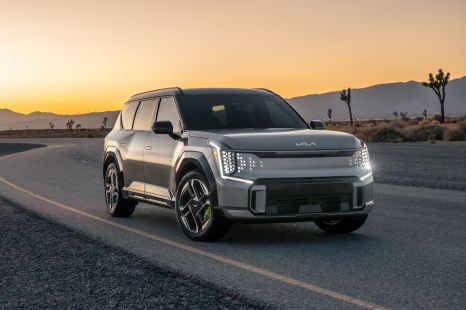

William Stopford
2026 Kia EV9: Hot GT arrives as Korean brand's priciest model ever
23 Minutes Ago

Contributor
The rising threat of China on the European new car market has sparked one industry leader to call for better protections for the local industry – while calling out bloated electric vehicles (EVs) as “environmental nonsense”.
In an open letter to European lawmakers, Renault CEO Luca de Meo criticised the endless growth of car sizes and in particular EVs, saying European regulations have effectively killed off small vehicles.
“Driving around every day in an electric vehicle weighing 2.5 tonnes is clearly an environmental nonsense,” Mr de Meo said.
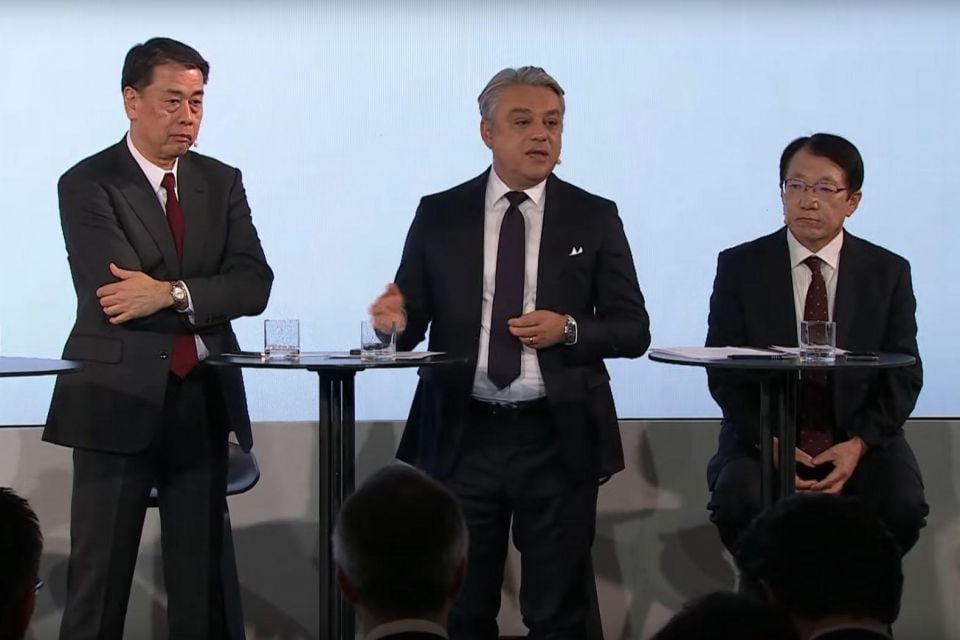
“The problem is that European regulations (on safety, emissions, and so on) have had a negative impact on the profitability of the small car segment, with sales falling by 40 per cent over twenty years.
“To find a solution, we should take our inspiration from Japan and its small urban vehicles or ‘kei cars’. From the factory to end-of-life, the environmental impact of a small car is 75 per cent lower.
“We could rapidly reverse the current trend with an array of inexpensive measures: social leasing, free parking spaces, preferential charging prices, lower interest rates on loans, incentives for young buyers, and so on.”
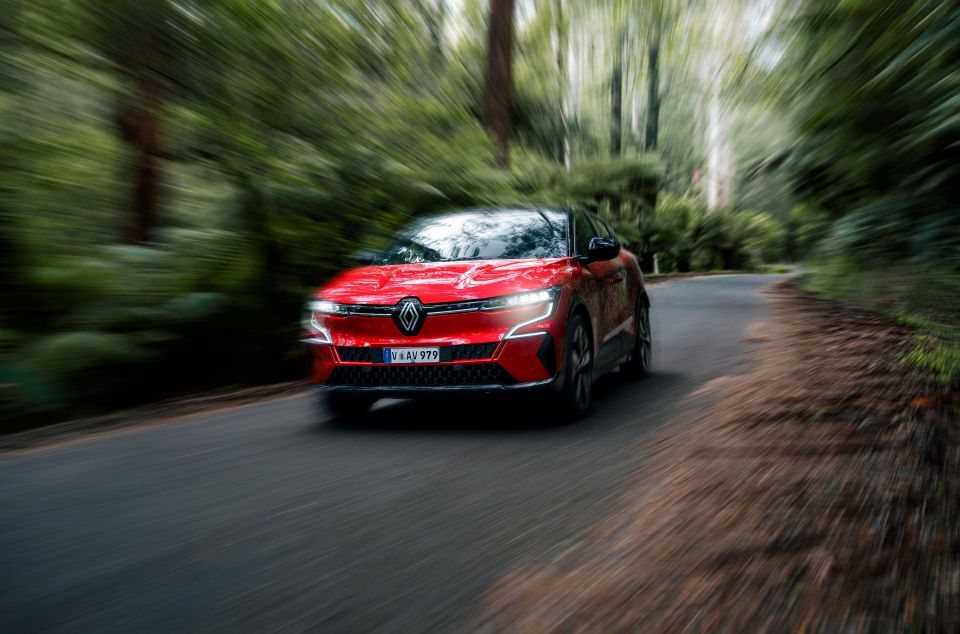
Mr de Meo – who also heads the European Automobile Manufacturers Association (ACEA) lobby group – additionally called on Europe’s lawmakers to end the cycle of tightening regulations, claiming Chinese vehicles are able to take advantage of the situation.
“In an open economy, competitive performance is measured by the comparative advantages of the different players,” Mr de Meo said.
“We can start with one clear fact: building cars in Europe costs more. A C-segment car made in China has a cost advantage of between €6000 (A$9940) and €7000 (A$11,600) – around 25 per cent of the total price – compared with an equivalent European model.
“In terms of industry financing, China is thought to be handing out increasingly large subsidies to its manufacturers at an ever increasing pace.”
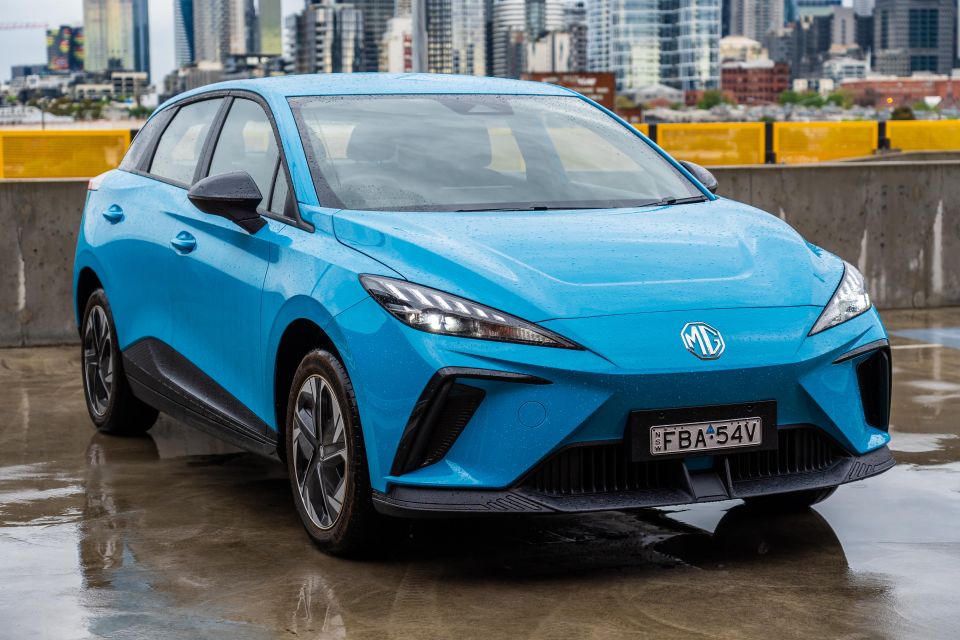
The executive cited European regulations – which have led to increasing development costs – as a main reason for the price divide, and suggested the continent’s manufacturers should embrace learnings from China to protect themselves.
“On average, between eight and ten new regulations will be introduced every year by the various European Commission directorates between now and 2030, despite the fact that no organisation is in place to approve the publication schedule.
“This places businesses at a huge disadvantage. They often struggle to meet the tight deadlines for applying the new regulations, which also require substantial engineering resources (up to 25 per cent of an R&D department) to study their implementation.
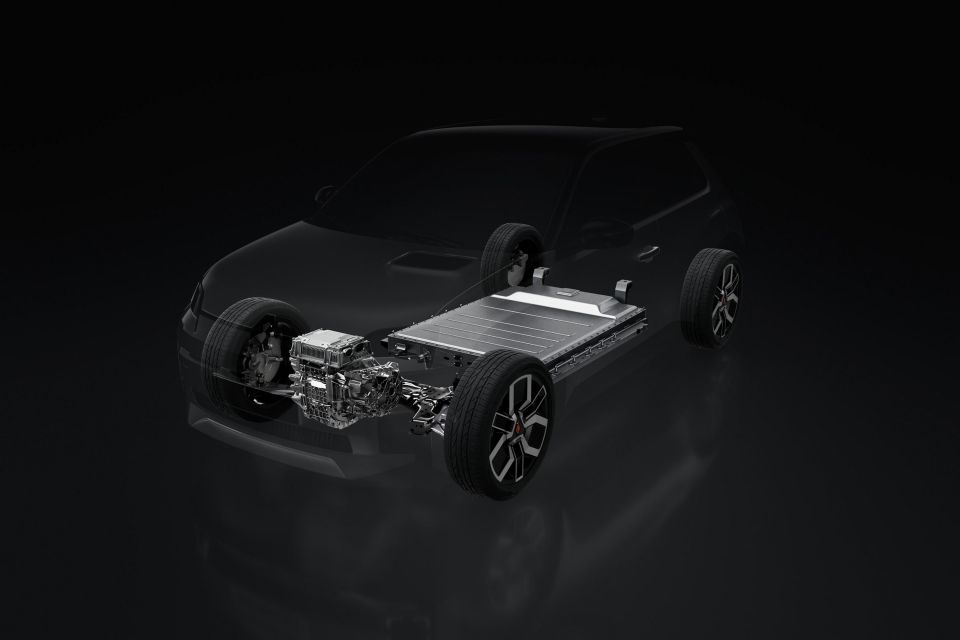
“[Europe] It should be protecting its markets, but it is dependent on China for its supplies of lithium, nickel and cobalt, and on Taiwan for its semiconductors.
“It is also in Europe’s advantage to learn from Chinese manufacturers, who are a generation ahead in terms of the performance and costs of electric vehicles, as well as the software and speed of development of new models.
“Relations with China will need to be managed.”
Mr de Meo’s comments come amid heavy tensions between Europe and the Chinese car industry, with the latter being accused of receiving subsidies from its home government in order to cut development and production costs.
The European Commission is also reportedly planning to introduce a system which could result in EVs made in China being hit with tariffs which would bring their prices closer in line with similar models built in Europe.
Go deeper on the cars in our Showroom, compare your options, or see what a great deal looks like with help from our New Car Specialists.
Born and raised in Canberra, Jordan has worked as a full-time automotive journalist since 2021, being one of the most-published automotive news writers in Australia before joining CarExpert in 2024.


William Stopford
23 Minutes Ago
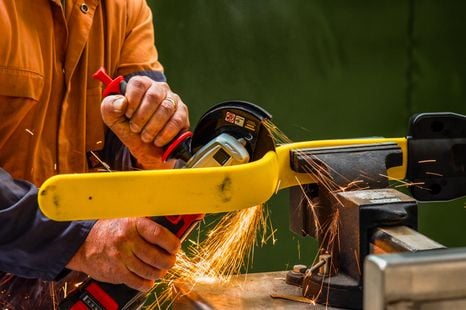

Paul Maric
1 Hour Ago
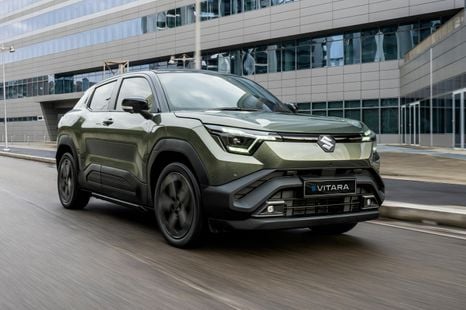

Damion Smy
2 Hours Ago
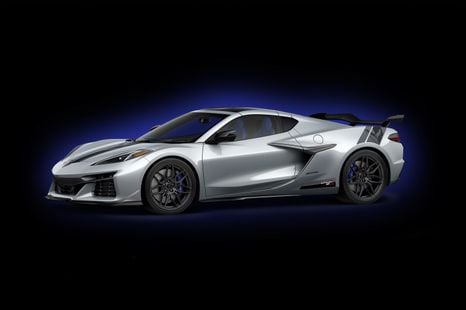

Damion Smy
4 Hours Ago
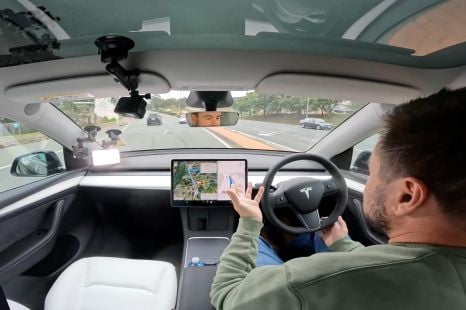

William Stopford
4 Hours Ago


CarExpert
5 Hours Ago
Add CarExpert as a Preferred Source on Google so your search results prioritise writing by actual experts, not AI.